The real voyage of discovery consists not in seeking new landscapes, but in having new eyes.”
~ Marcel Proust
Another social impact idea, another Social Entrepreneur (SE), another social organisation, another coach, another site visit and another amazing story! We are in love with this hierarchy, and to live the story is even better. We hope you’re liking the travelogue series by UnLtd India. Site visits aren’t just a part of the syllabus for UnLtd India Coaches. It helps them grow as individuals and add value to the lives of their Social Entrepreneurs. In fact, site visits become the most loved discussion at team meetings. You see, site visits support the growth of so many people who might not even be directly involved in it.
Site visits, undoubtedly, are an integral component of the incubation program for the selected Social Entrepreneurs. A key element of UnLtd India’s incubation program is the dedicated Coach who works one on one with the SE for the entire duration of 9 months and a site visit marks a significant starting point of that journey. It’s the time when the assigned coach meets the Social Entrepreneur at his workplace and interacts with his team, beneficiaries and various other stakeholders.
Trebirth was selected as one of the social enterprises for UnLtd India’s February 2022 Cohort. The founder Mukund Choudhary is a young and enthusiastic engineer living in Nashik. Located on the banks of the river Godavari, surrounded by the breathtaking western ghats, Nashik is popularly called the “Wine Capital of India” as more than half of India’s vineyards and wineries are located here. Today India ranks as the 13th largest producer of grapes in the world with about 120,000 grape growers and Nashik district is the key contributor. It offers ideal conditions for the growth of grapes be it the temperature, rainfall, terrain, quality of the soil etc. This is why Nashik has been declared as the most prolific wine-producing area and our best quality wine comes from here.
But all is not hunky-dory. While grape plantation is a highlight of the district, it brings along many challenges for the farmers. One such challenge is the “STEM BORER PEST” infestation in grape trees leading to high yield loss and reduction of tree lifespan. This infestation causes monetary losses of Rs. 40,000/- per year per acre to farmers. Mukund, Founder of Trebirth along with Maitree, the Co-founder and team members have done extensive research on developing an end to end innovative solution for the early detection of stem borer infestation in grape trees. They are working on a high precision, portable and non-invasive radar based scanning device to aid early detection and hence curtail the extent of damage caused by the pests.
Dilip Jain of UnLtd India is the assigned coach for Mukund. He was very excited to meet Mukund, a young, enthusiastic technology graduate and see for himself the onground impact. Dilip drove down from Mumbai to Nashik, and the four hours of the journey that should have technically felt tiring was a recharge for Dilip, thanks to the beautiful route and Nashik’s refreshing vistas. He met Mukund and his team and the day was spent discussing various aspects of the work. Dilip visited the lab and saw the prototype in action which clearly validated the solution and the intensive research that it was backed by.
The next morning, Dilip along with Mukund, Maitree and other team members started early to visit the farmers in a village which was an hour away from the city. Rather than selecting a coffee shop or mall for the meeting point, it was nice to know that they were to meet at the Ganesh temple which was a prominent social spot at the village. Nashik is also well known for its inherent cultural values and heritage and welcomes millions of pilgrims and travellers to the Kumbh Mela hosted once every 12 years.
While Mukund was eager to start work discussions with his key stakeholders i.e. the farmers, their priority was “darshan” (homage) at the temple. It was both heartwarming and amusing to see how Mukund and the team joined in for the darshan, the traditional way of starting undertakings although theirs was a very modern venture! Soon after authentic local “chai and kanda poha” (tea and snacks) the ‘chai pe charcha’ (conversation over tea) ensued. This was happening right at the farm in an open space with just some chairs brought in. A tractor was parked nearby and there was pesticide being sprayed in the farm. Dilip observed that the farmers were super supportive and treated Mukund’s enterprise as their own. The farmers exhibited immense trust in Mukund and his innovative solution. They also patiently answered all the questions put forth by Dilip and reassured him regarding their firm belief in the cause and every step taken towards it.
They explained how the stem borer caused destruction and the current jugaad ways of controlling it. Currently no non-invasive method was available in the market to identify the stem borer. As part of the discussions, the farmers immediately made a few calls to acquaintances and connected Mukund to them so as to help in further testing and getting live samples of the stem borer. The visit ended on a positive note and the team returned to the Trebirth workplace.
The rest of the day was gainfully spent in discussing and fine tuning future strategy including designing of the alpha prototype for extensive field testing starting October. As the stem borer life cycle starts again in September/ October, this would be well timed. Dilip identified various challenges and suggested options which can enhance productivity and efficiency for Mukund and team. These included having a plan B for collaborative self-development of the prototype and also working on a team execution tracker to assist them stay on track. Given the multiple projects involved, Dilip suggested that the Founders and team divide key priorities with a mechanism to get everyone’s ideas/inputs and yet keep moving ahead independently. They also discussed hiring and Dilip suggested they look at interns from the local agriculture college which would be a win-win for all.
Dilip and Mukund also discussed the extensive application of this technology and product in other areas. As there are many innovative aspects including application of the latest data analytics algorithms to make sure that the location identification of the pest is very accurate – another key crop like Coffee could be targeted. India is the 6th largest producer of coffee. Mukund shared that Trebirth is already in preliminary talks with some plantations with a view to build a similar solution for coffee growers. A lateral application could also be the identification of termites which can have immense potential for urban markets. All in all Dilip felt very inspired and confident that this product can have great impact with multiple scalable applications. Dilip developed a fantastic rapport with Mukund and team. The constant leg pulling and friendly banter with the team not only created this great rapport with Coach Dilip but also indicated that the team bonded and worked well together. The parting thoughts as Dilip drove back were of the immense value and benefits that the small and marginal grape farmers would derive once this product is rolled out. And he has really pleasant memories of the farmer interactions he had that day.
If you could relate to Dilip’s story, do write to us and share your experiences. Stay tuned for more such candid stories from the field.

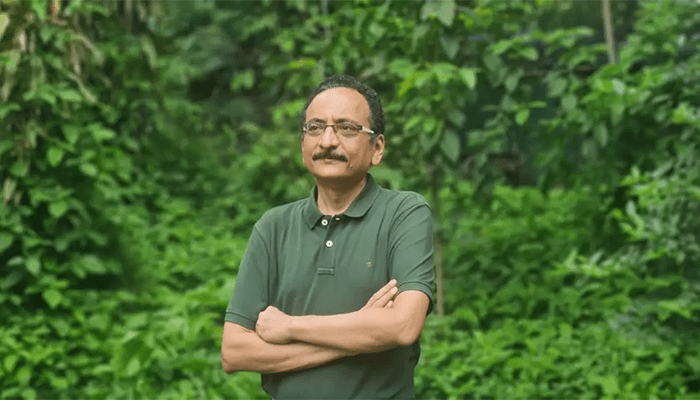
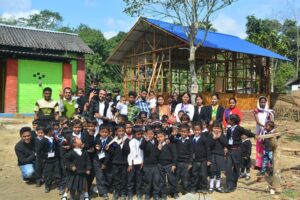
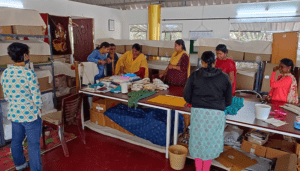
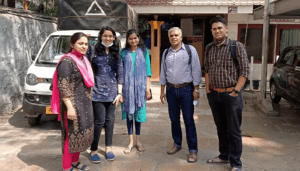
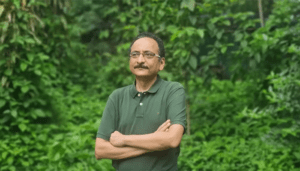
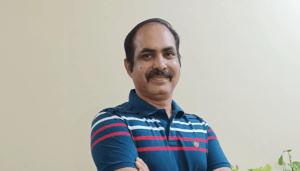

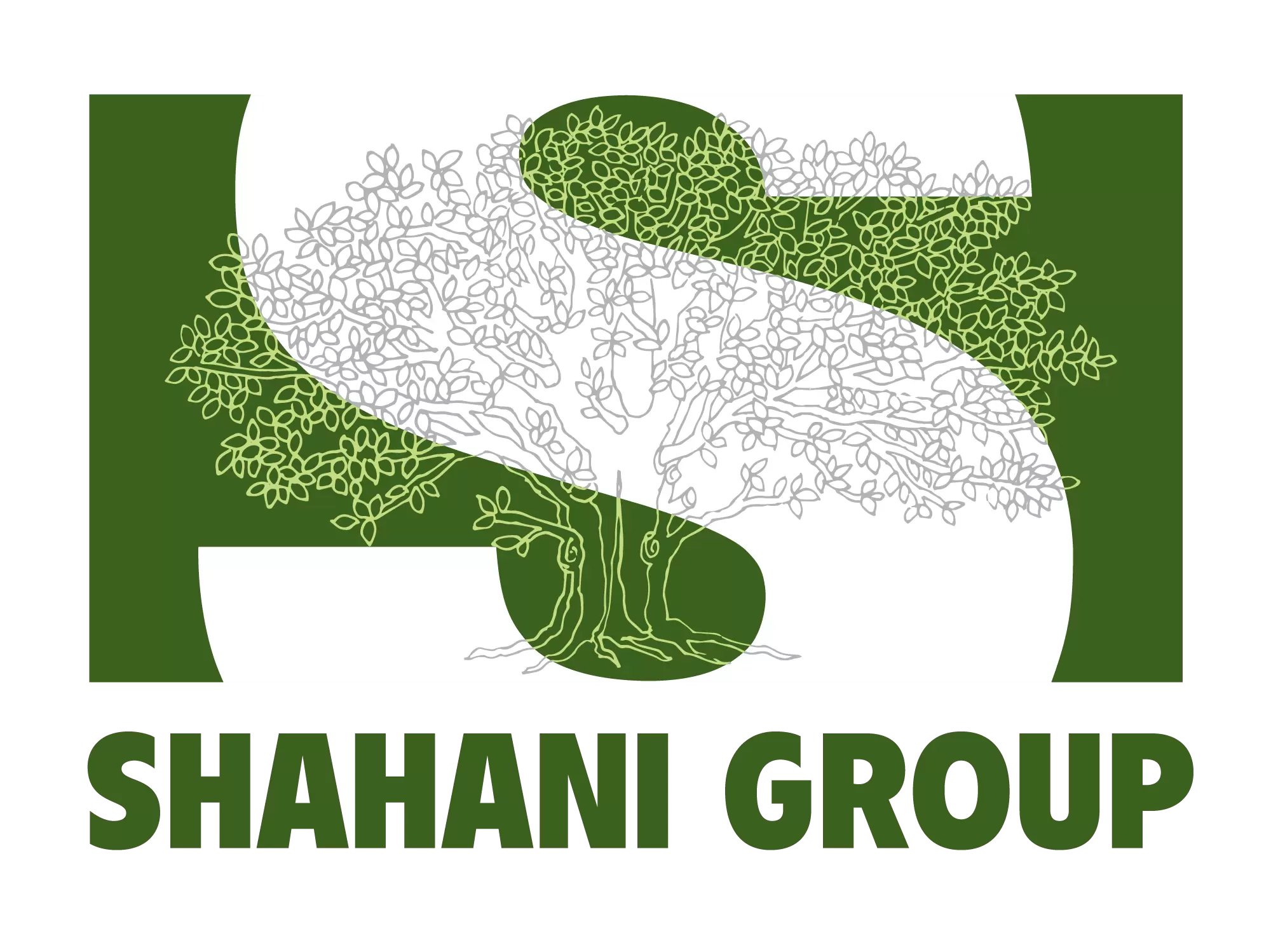
1 thought on “Travel with Dilip, to the Wine capital of India”
Nic